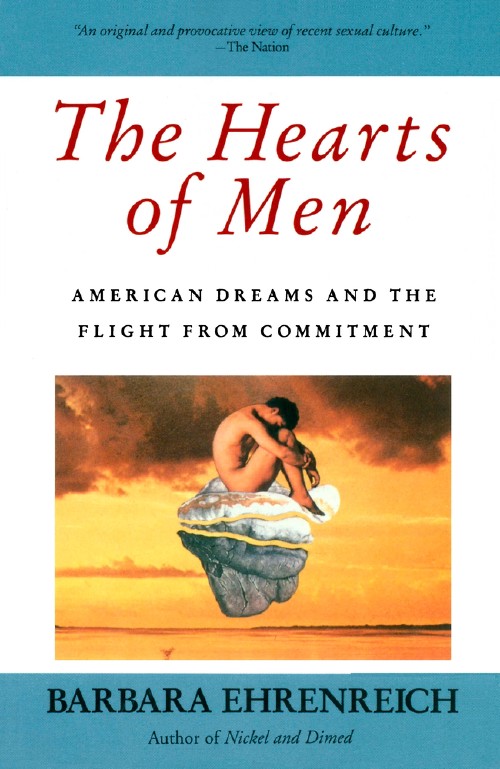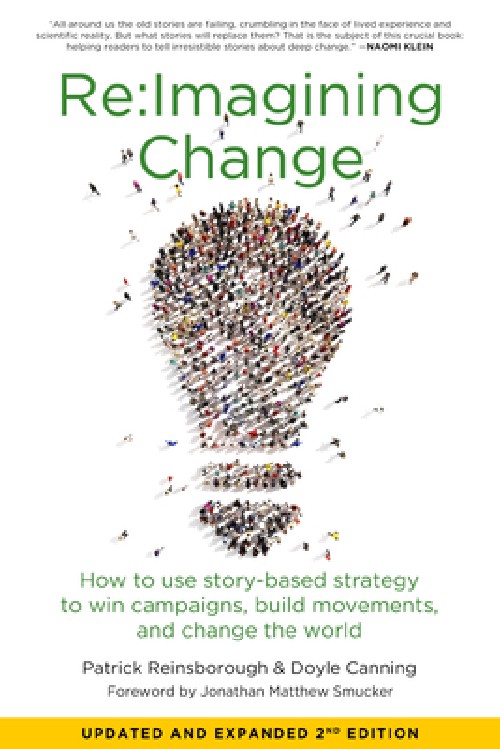Highlights from Feminists write the Anthropocene: three tales of possibility in Late Capitalism, by Danya Glabau
What labor and kinship are theorized to be today is not what they were for our forefathers – if, indeed, theory ever mapped closely onto life. Defining all work as a variation on the theme of hourly, waged factory labor ignores the role that kinship relations, for example, play on the factory floor or in the computerized office and devalues the affective ties between family members that might drive one to apparently irrationally care for an ailing mother, sister, or child without remuneration. By situating where we are now in specific histories, Tsing in particular offers us a detailed picture of the policies and activities that produce the false appearance of a globally uniform capitalist economy driven by inexorable logics. What could, in fact, be more useful than a careful accounting of the policies that got us here for changing them within our current political environment – or for crafting a revolutionary platform that avoids making those same mistakes in the future?



